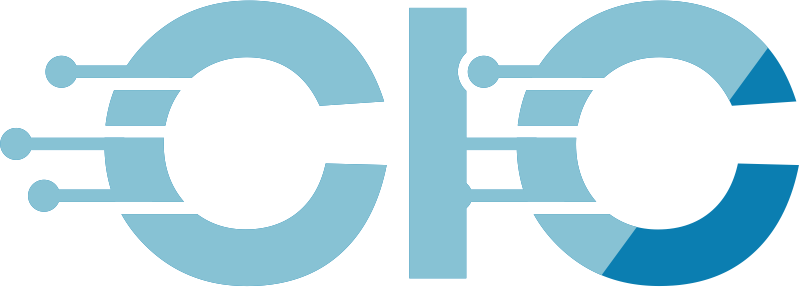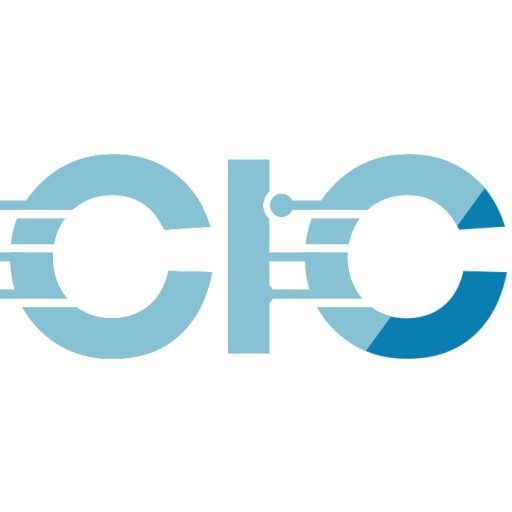
Last Updated on: 29th July 2025, 12:07 pm
The push for a cleaner energy future in Asia and the Pacific just got a significant boost. The Asian Development Bank (ADB) and the Global Energy Alliance for People and Planet (GEAPP) have joined forces to launch ENABLE (Enhancing Access to Battery Energy Storage System for Low-carbon Economies).
This innovative platform is designed to rapidly accelerate the adoption of battery energy storage systems (BESS) across the region, bringing together vital human and financial resources to make BESS projects a reality.
The initiative is backed by a substantial grant, with $500,000 (Php 28.7 million) from the ADB’s Smart Energy Innovation Fund and an additional $250,000 (Php 14.35 million) from GEAPP. This combined funding will be administered by the ADB, setting the stage for a concentrated effort to overcome the hurdles currently slowing BESS deployment.
Why Battery Storage Is Critical For Asia
The Asia and Pacific region is experiencing an unprecedented surge in renewable energy, with an estimated 430 gigawatts (GW) of new capacity expected between 2023 and 2028. Solar installations alone are projected to account for two-thirds of this growth, largely from utility-scale projects. While this expansion is a triumph for clean energy, it also presents a challenge: how to maintain grid stability and optimize energy use when the sun isn’t shining or the wind isn’t blowing. That’s where battery storage comes in.
“ENABLE is designed to tackle the primary obstacles holding back BESS adoption,” explained Cindy Cisneros-Tiangco, ADB’s Director, Emerging Areas, Energy Sector Office. “By offering technical know-how, project development assistance, and creative financing options, we can help countries integrate more renewable energy into their grids. With energy demand soaring in the region, battery storage is a crucial technology for ensuring stable, reliable, and clean power systems.”
Kitty Bu, Vice President, Southeast Asia at GEAPP, echoed this sentiment, highlighting the dual nature of rapid renewable growth. “It’s both a remarkable achievement and a significant challenge,” she noted. “Through ENABLE, GEAPP is helping to bridge the critical battery storage gap that could otherwise hinder the region’s clean energy potential.” GEAPP’s unique approach involves using philanthropic capital to mitigate risks, thereby encouraging greater private sector investment. This collaboration with ADB allows them to systematically address market barriers and make BESS an attractive and mainstream investment opportunity across the region.
ENABLE To Drive Change
ENABLE’s strategy is comprehensive, designed to accelerate the deployment of BESS across the region. This multi-faceted approach begins with technical assistance, offering expert guidance directly to countries and project developers. This ensures that stakeholders have the necessary knowledge and support to navigate the complexities of BESS implementation.
Beyond just guidance, ENABLE will also focus on pilot project preparation. This involves actively helping to develop and launch initial BESS projects, turning conceptual plans into tangible demonstrations. These pilot projects are crucial for proving the viability of BESS in various contexts and for building confidence among potential investors and policymakers.
Complementing these efforts are comprehensive capacity-building initiatives. These programs are designed to equip key energy sector stakeholders with the essential knowledge and skills required for the successful and sustainable integration of BESS into their energy grids.
The platform will address common barriers such as a lack of technical understanding, high upfront costs, concerns about the impact on consumer prices, and limited access to affordable financing. Over an initial three-year period, ENABLE will prioritize Vietnam, Mongolia, and Cambodia, tailoring its approach to each country’s specific stage of BESS development.
The long-term vision is to expand ENABLE’s reach to more countries across the region. Initial focus areas include studies for private-led grid-scale BESS integration, developing supportive policy frameworks and procurement guidelines, establishing technical standards, exploring the application of digital tools like artificial intelligence, and creating innovative business models for storage deployment.
The Philippines’ Journey Towards Battery Storage
In the Philippines, battery energy storage systems are still in their nascent stages. While policies like the inclusion of Integrated Renewable Energy and Energy Storage Systems (IRESS) in national auction programs have been put in place, actual deployment faces significant hurdles. High capital costs, a limited number of commercial-scale pilot projects, and grid readiness remain key constraints.
Mylene Capongcol, Assistant Secretary of the Department of Energy, Philippines, emphasized the importance of BESS during the recent Asia Clean Energy Forum (ACEF). “To support this transition, we view BESS as a crucial enabler for managing renewable energy variability and strengthening overall grid stability,” she stated.
The Asia Clean Energy Forum, held annually by the ADB, serves as a vital platform for stakeholders to discuss the latest trends, technologies, and policies in clean energy for the Asia and Pacific region. It brings together government officials, industry leaders, academics, and development partners to share knowledge, foster collaboration, and identify solutions for accelerating the clean energy transition. Discussions often revolve around innovative financing mechanisms, technological advancements, and policy reforms needed to scale up renewable energy and energy efficiency initiatives. Assistant Secretary Capongcol’s comments at this forum underscored the Philippines’ commitment to making energy storage a cornerstone of its clean energy strategy.
“Cost remains a significant challenge for IRESS projects,” Capongcol acknowledged, “but we remain confident in the long-term value of storage in achieving our energy targets.” She highlighted the country’s existing large-scale pumped hydro facility and a target of 1.1 GW for IRESS deployment through the Green Energy Auction Program, showcasing the Philippines’ dedication to integrating energy storage into its energy mix.
By creating “bankable” projects and fostering an environment conducive to private investment, the landmark partnership between ADB and GEAPP through ENABLE aims to establish BESS as a fundamental element of the region’s sustainable energy future. It’s a collaborative effort, bringing together diverse stakeholders and innovative financing to create a replicable model for project development that will not only support a long-term clean energy transition but also generate significant economic benefits across Asia and the Pacific.
Sign up for CleanTechnica's Weekly Substack for Zach and Scott's in-depth analyses and high level summaries, sign up for our daily newsletter, and follow us on Google News!
Have a tip for CleanTechnica? Want to advertise? Want to suggest a guest for our CleanTech Talk podcast? Contact us here.
Sign up for our daily newsletter for 15 new cleantech stories a day. Or sign up for our weekly one on top stories of the week if daily is too frequent.
CleanTechnica uses affiliate links. See our policy here.
CleanTechnica's Comment Policy


